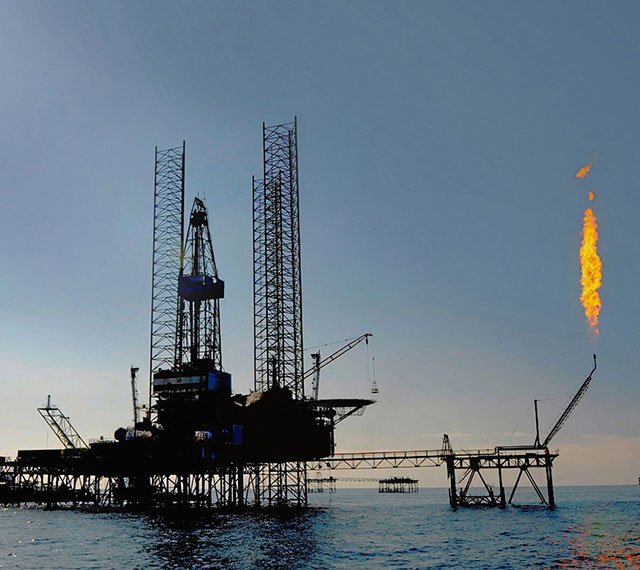If you are involved in maritime or offshore industry work, you likely know that the maritime profession is a highly risky one. Tragic as they may be, offshore accidents happen at a relatively common rate of occurrence, and with the help of our experienced offshore accident attorneys, we can help you navigate the issue and receive the just compensation you deserve.
OFFSHORE INJURIES
Offshore injuries suffered by maritime workers can be a horrible occurrence. Employer negligence is oftentimes at the root of such injuries, and it is important to know that it is their legal responsibility to ensure a safe environment to work in. Negligence can cause unacceptable hazards resulting in a variety of injuries, such as head injuries, lost limbs, back injuries and more.
COMMON OFFSHORE ACCIDENT CAUSES
FIRES & EXPLOSIONS
In the offshore industry, drilling for natural gas and oil utilizes many technologies that depend on high pressure and combustion, and as such, fires and explosions can be a devastating result of negligence along these lines. When not properly maintained, pipelines can be a major cause in fires breaking out over a rig or maritime vessel. If fire suppressants or contingency plans are not well maintained, fires can spread fast and trap workers in fatal situations. In the event that a worker makes it out of a situation like this with his or her life, injuries sustained could amount to a mountain of medical bills. Contacting our experienced offshore accident lawyers at the Kolodny Law Firm could be the best move to make, as we make it our mission to aggressively fight for the compensation you need to take care of medical bills and bring your life back to whole.
OIL DRILLING
Innately, drilling for oil at such depths makes for supremely dangerous conditions for offshore workers. The complexity involved can often be too much for an experienced worker, and result in devastating consequences.
DISTRACTED WORKERS
Just as when operating a land vehicle, operating a maritime vessel while distracted can cause serious injury or worse. Using phones to talk or text, or other wireless devices, have been a major issue lately, so much so that the US Coast Guard has issued a safety warning to emphasize how crucial it is to maintain proper focus while operating or navigating maritime vessels and avoid offshore accidents.
CELL PHONE USE
It is relatively common sense that using cell phones and other wireless devices can hamper the attention of a worker on a maritime vessel, just as it can for someone on land. The use of cell phones while operating maritime and offshore vessels and equipment can point to a broader issue of improper supervision or regulation. The National Transportation Safety Board has found that slow response times and lapses in attention can arise from casual use of cell phones, and consequently cause serious injury or fatality to those involved.
